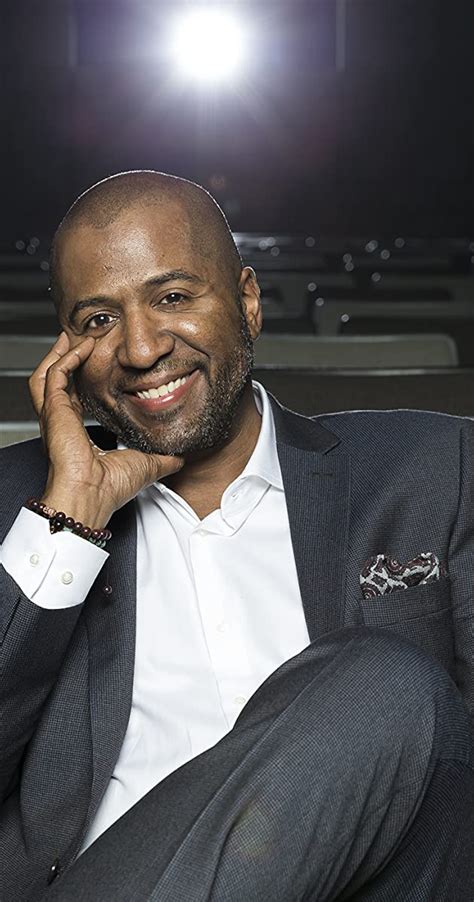A Quote by George W. S. Trow
I have made sense of my life by developing an ability to analyze Mainstream American Cultural Artifacts.
Related Quotes
One of the most important virtues of the American character is our ability to approach the complexities that life presents us with common sense and decency, .. The considered judgment of the American people is not going to rise or fall on the fine distinctions of a legal argument but on straight talk and the truth. It is time for the president and the Congress to follow that common sense for the good of the country.
The widespread inability to understand technological artifacts as fabricated entities, as social and cultural phenomena, derives from the fact that in retrospect only those technologies that prove functional for a culture and can be integrated into everyday life are 'left over.' However, the perception of what is functional, successful and useful is itself the product of social and cultural--and last but not least--political and economic processes. Selection processes and abandoned products and product forms are usually not discussed.
As a first-generation "Asian American woman," for one thing, I knew there was no such thing as an "Asian American woman." Within this homogenizing labeling of an exotica, I knew there were entire racial/national/cultural/sexual-preferenced groups, many of whom find each other as alien as mainstream America apparently finds me.







































